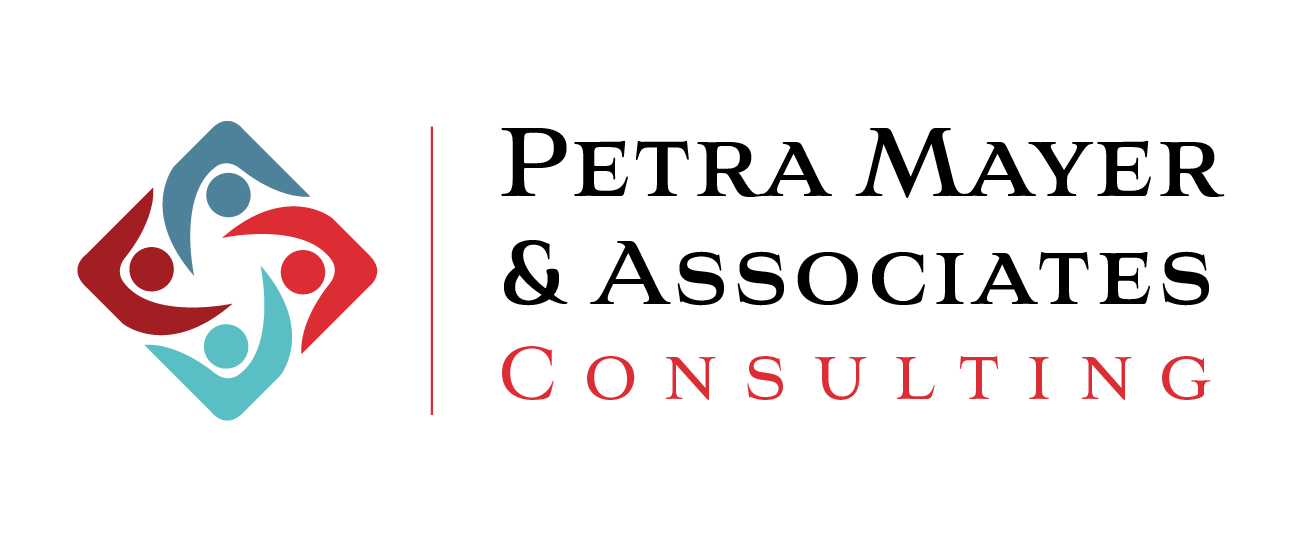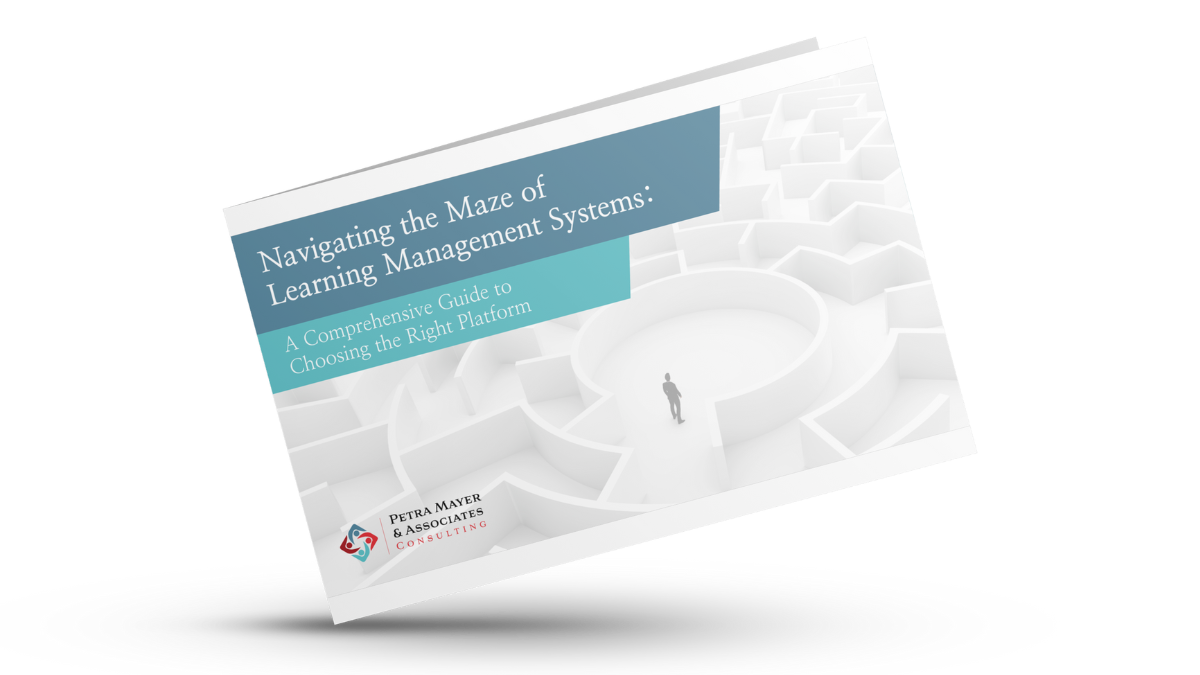Executive Summary
LMS are essential for organizations delivering effective training and development to their teams. These systems help manage educational content, track progress, and improve communication between trainers and learners. But the success of an LMS isn’t just about its technology – it also depends on the support given during and after setup.
Good support for LMS implementation is essential for making sure users not only start using the system but also stay engaged with it. From initial training to ongoing technical help and user resources, the quality of this support can greatly affect how well users adapt and use the LMS. When users get thorough, timely, and personalized support, they are more likely to embrace the system, take part in learning activities, and make the most of its features.
Understanding LMS Implementation Support
LMS implementation support refers to a variety of services that guide organizations through the process of setting up and integrating an LMS. These services can include everything from the initial setup, where the system is installed and customized to fit the organization’s specific needs, to ongoing assistance that helps solve any issues that arise after launch. This support may also involve training for administrators and end-users to ensure they know how to use the system effectively. The goal is to make sure that the LMS operates smoothly, aligns with the organization’s goals, and delivers a positive experience for users, ultimately making learning and development more efficient and accessible. Whether it’s providing technical guidance during implementation or offering long-term support, LMS implementation services play a crucial role in making sure the system is a good fit for the organization and works as intended.
The Link Between Implementation Support and User Adoption
User adoption is the process by which employees, members, or learners start using the LMS consistently and effectively. Achieving high adoption rates is crucial to realizing the full potential of your LMS. When users actively engage with the platform, organizations can maximize the benefits of their investment in learning and development.
Here’s how LMS implementation support can have a direct impact on user adoption:
-
Initial Training and Onboarding
A strong foundation is essential for user adoption, and that begins with effective training. Implementation support should include comprehensive training sessions that cater to all users, from beginners to advanced users. These sessions should cover both the basic functions of the LMS and its more advanced capabilities. When users feel comfortable and confident in their ability to navigate and use the system, they are much more likely to adopt it. This familiarity helps reduce frustration and builds trust in the LMS as a reliable tool.
2. Customization and Personalization
An LMS that is customized to meet the specific needs of an organization will resonate more with users, making them more likely to embrace it. Implementation support that includes customization services – such as integrating the LMS with existing software, adjusting features to align with business processes, or personalizing the user interface – creates a more relevant and useful platform. This tailored approach allows users to see how the LMS fits into their daily routines and how it can improve their work, increasing their willingness to adopt and regularly use it.
3. Clear Communication and Guidance
A successful implementation involves clear and consistent communication about what users can expect as the LMS is rolled out. Regular updates and step-by-step guidance help ease users into the new system, reducing feelings of resistance or confusion. If users understand how the LMS will benefit them and how it fits into their workflow, they are more likely to engage with it. Good communication from the support team reassures users that they’re not alone in the process and that any concerns or questions will be addressed.
4. Technical Support and Troubleshooting
Having access to reliable technical support is a key factor in user adoption. Users are more likely to fully embrace the LMS if they know help is available whenever they encounter problems. Quality implementation support should provide multiple ways to reach technical assistance – whether it’s by phone, email, or live chat – and ensure that responses are prompt and solutions are effective. This level of support reduces downtime and frustration, encouraging users to keep using the system even when challenges arise.
Enhancing User Engagement with Effective Support
After users have adopted the LMS, the next challenge is to keep them engaged and using the system to its full potential. Maintaining high engagement ensures that the LMS continues to add value to the organization and meets its learning and development goals. Here’s how effective implementation support can play a vital role in keeping users engaged:
-
Ongoing Training and Resources
Initial training is important, but it’s not always enough to sustain user engagement in the long term. Users may encounter new challenges or need to learn more advanced features as they continue using the LMS. Ongoing training sessions, such as webinars, refreshers, and updated resources, are essential for helping users stay current with new system updates, features, and best practices. Support services that provide these opportunities for continuous learning keep users engaged by making sure they feel confident in using the LMS over time.
2. User Feedback and Improvement
An effective support service will actively seek and listen to user feedback. This feedback provides critical insights into how users are interacting with the LMS and highlights areas where improvements may be needed. By regularly collecting and analyzing this feedback, the support team can identify any pain points users may have and work to resolve them. When users see that their input is being taken seriously and acted upon, they are more likely to stay engaged with the system, knowing that it’s constantly evolving to meet their needs.
3. Change Management Support
Introducing an LMS often requires adjustments to how tasks are done, which can be challenging for users. Implementation support that includes change management strategies is crucial in helping users adapt to new workflows and processes. This support can help mitigate resistance to change by clearly communicating the benefits of the new system, providing reassurance, and offering practical strategies to help users adapt smoothly. When users feel supported through these transitions, they are more likely to stay engaged with the LMS instead of reverting to old habits.
4. Performance Monitoring and Analytics
Using analytics to track how users are engaging with the LMS can offer valuable insights into its effectiveness. Implementation support that includes performance monitoring helps organizations pinpoint areas where users might be struggling or where engagement is low. This data allows support teams to intervene with targeted solutions – such as offering additional training or revisiting certain features – ensuring that users remain engaged and are fully leveraging the system’s capabilities. Addressing engagement issues promptly keeps users motivated to continue using the LMS and makes sure they are benefiting from all it has to offer.
The Long-Term Benefits of Quality Implementation Support
Investing in high-quality LMS implementation support can provide lasting advantages for your organization. When done right, the benefits go beyond just getting the system up and running – they create a positive ripple effect across efficiency, engagement, and organizational growth. Here’s how quality implementation support pays off in the long term:
-
Increased Efficiency and Productivity
A well-supported LMS results in smoother implementation and faster user adoption. When users feel confident using the system, they can complete their training and development activities more efficiently. This boost in efficiency often translates into higher productivity across the organization. Employees spend less time troubleshooting and more time learning, developing new skills, and applying what they’ve learned to their roles. With fewer disruptions and more streamlined processes, the entire organization operates more smoothly.
2. Better ROI on LMS Investment
Quality implementation support ensures that your investment in an LMS delivers the best possible return. When support services focus on maximizing user adoption and engagement, the system is more likely to be used to its full potential. An engaged user base will explore and utilize all of the LMS’s features, leading to better training outcomes and overall cost savings. By helping the system function effectively and encouraging widespread use, good implementation support contributes directly to a stronger ROI.
3. Improved Employee Satisfaction and Retention
A well-implemented LMS doesn’t just improve learning outcomes – it also contributes to employee satisfaction. When users have access to training resources that are easy to use and well-supported, they’re more likely to have a positive experience with the system. This satisfaction extends to their overall work experience, as they feel more empowered to develop new skills and advance their careers. In turn, this can lead to higher employee retention, as staff are more likely to stay with an organization that invests in their learning and development.
4. Enhanced Organizational Learning and Development
With effective implementation support, organizations can create a strong culture of continuous learning and development. Users who are properly trained and engaged with the LMS are more likely to take full advantage of the learning opportunities it provides. This leads to an organization-wide improvement in skills and knowledge, which boosts overall performance. Over time, a culture of learning helps the organization remain competitive, adaptive, and capable of meeting future challenges.
Final Thoughts
LMS implementation support is a critical factor in the overall success of your LMS. By offering thorough training, customization, clear communication, and ongoing assistance, these support services can have a significant impact on how well users adopt and engage with the system. Quality support ensures that users are not only able to navigate and utilize the LMS effectively but also that they remain engaged with it over time. This investment in strong implementation support helps your organization unlock the full potential of the LMS, leading to long-term benefits in efficiency, productivity, and employee satisfaction.
When selecting an LMS implementation support provider, choosing Petra Mayer & Associates Consulting means gaining comprehensive services tailored to your organization’s specific needs. The success of your LMS rollout hinges on the quality of support you receive, and with our consultants, you’re guaranteed a seamless, successful implementation. Our expert team ensures you maximize the value of your LMS, strengthening your organization’s learning and development initiatives and setting your team up for ongoing success. Contact us today for more information.


